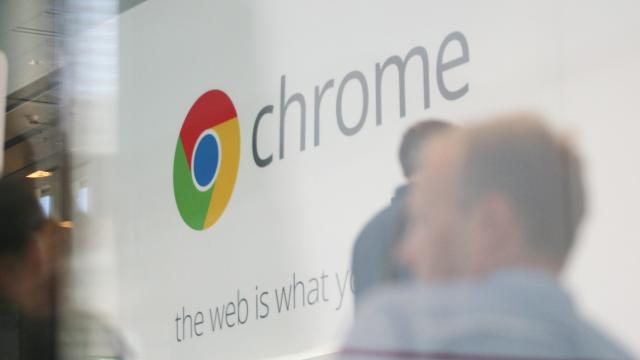Software updates are supposed to improve security or make things run a bit smoother or faster. However, a recent change to Chrome on Android is causing some serious problems for both users and app developers.
Detailed in a thread on the Chromium bug tracker, the core issue stems from Chrome’s WebView—which is what Android uses to render web pages or load content inside apps—being updated to use a new location for storing local files without properly migrating over existing data. This means that after updating to Chrome 79 for Android, when users or developers tried to open an app the relied on data stored locally on the device, none of their previous info would show up, which gave people the appearance that their data was lost.
Thankfully, previous data was not actually deleted, but because Chrome 79 for Android is pointing apps to look for local data in the wrong location, apps that relied on WebView have no way of properly accessing older data.
Unfortunately, the fix to all this won’t be easy. Even though Google is aware of the issue and has it marked P0 (the highest priority-level), no matter what Google does, some user data may get lost as Chrome 79 has already rolled out to 50 per cent of Android users worldwide.
Right now, the two options described by a member of the Chromium team are:
a) continue the migration, moving the missed files into their new locations.
b) revert the change by moving migrated files to their old locations.
We will let you know which of these two options have been chosen soon. In the meantime it would be good to collect a list of affected packages, and details of whether any mitigations have been released to users, and in what versions so that we can test that the respin doesn’t interact badly with the mitigation.
Rolling back to Chrome 78 would be the less destructive of the two, as it would preserve data saved before the latest Chrome update, but that’s at the expense of losing any new local data saved since Chrome 79 was installed.
On the other hand, option b presents a clean (but potentially very painful) break from the previous version of Chrome by saving all new data stored since the Chrome 79 update while ditching previously saved local data.
Currently, it looks like Google is leaning towards the first option, as that path helps preserve the bulk of previously saved local data.
For anyone who hasn’t updated to Chrome 79 yet, you’re really going to want to check your phone to prevent your device from potentially auto-updating to the latest version. As for everyone else, annoyingly, the only thing you can do is wait around for Google to pick a plan of action and push out a fix.
But if you were wondering why certain Android apps seemed to have lost your data, at least now you know.
